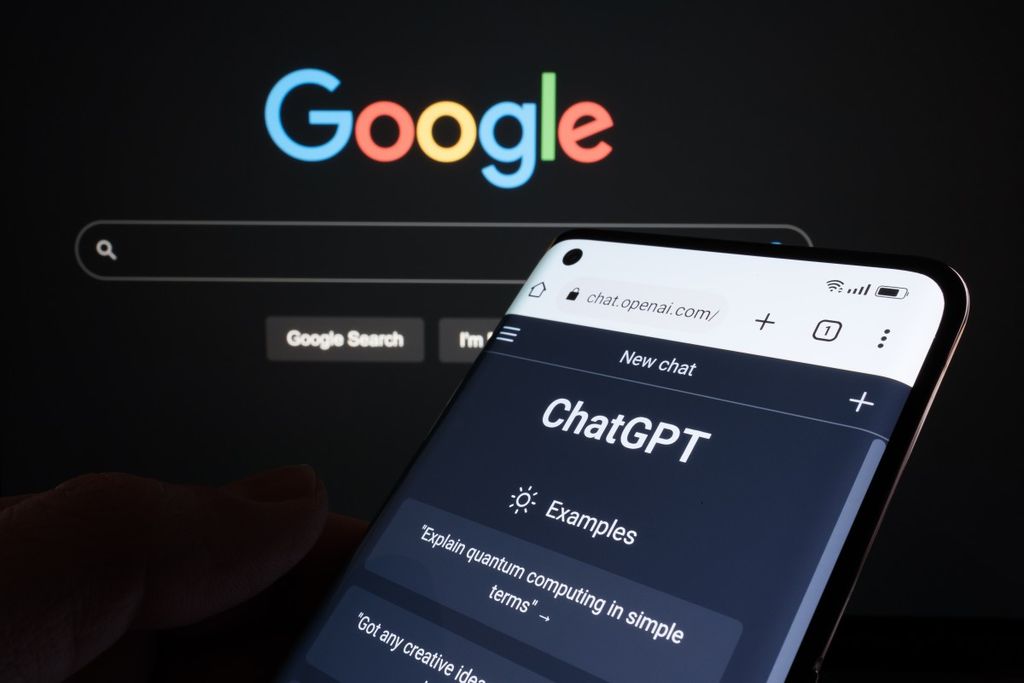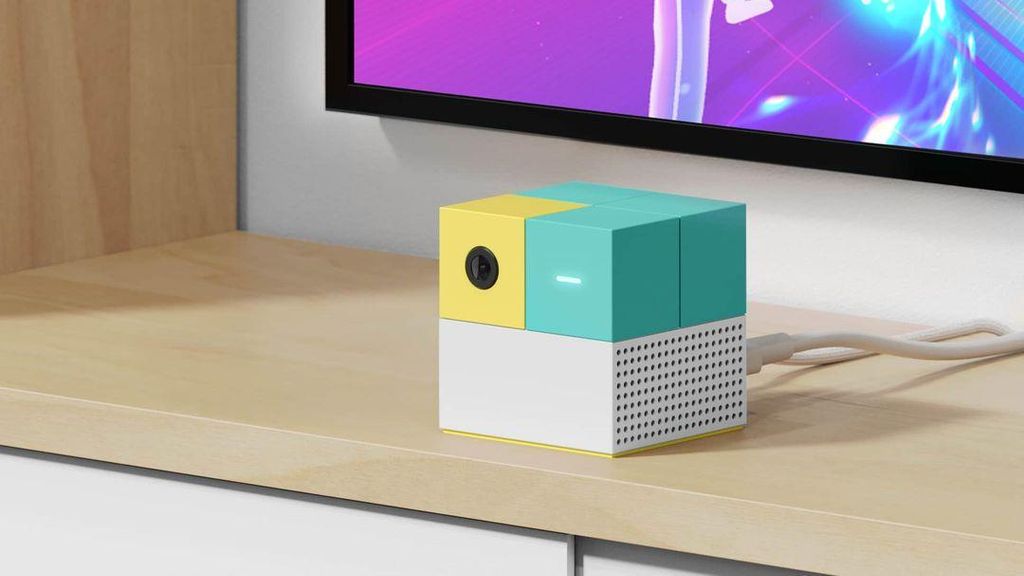
Google officially introduces a new AI mode in its search engine – also in Poland. Starting October 8, the feature appears as a new tab in search results and in the Google app, and in the following days it will reach all users. This is part of a global expansion – a total of 50 new countries and territories and 36 additional languages, making AI-powered search available in over 200 countries worldwide.
AI Search – A New Era of Google Search
The new mode allows you to ask Google much more complex questions. You no longer have to break your query into several simpler ones – the search engine itself "branches" the topic and analyzes it from multiple angles. In practice, this means that a query like:
“I want to learn more about the new seven wonders of the world. What does each of them signify and where are they located?” will be broken down into several smaller sub-questions that the system will analyze in parallel to find the most accurate sources.
Google calls this query branching technique (query branching). Thanks to it, the search engine can process information in a way that is more similar to how a human does — by analyzing context and connecting different threads.
Multimodal possibilities – text, voice, and image
The AI mode in Google works not only with written words. You can speak and even show what you mean — just use the camera on your phone. In practice, this means that you can, for example, take a picture of a plant and ask how to care for it, or send a photo of equipment and request a user manual. As a result, the search engine becomes multimodal, meaning it understands different forms of communication – text, voice, image, and even their combinations.
"AI Overview" and Source Credibility
In the new mode, there is also a section "AI Overview", which is a summary created by artificial intelligence based on multiple sources. Below it, there are visible links to the pages that were used to create the given summary. Google assures that users click on these links more frequently and spend more time on them because they lead to more tailored and quality content.
At the same time, the company emphasizes that in situations where the model does not have enough confidence in the answer, the user will see classic search results. In other words – AI does not completely replace traditional searching but rather expands its possibilities.
Tests, Development, and the Limits of Trust
Early data from Google shows that users of AI Mode ask 2–3 times longer questions than in traditional searches. This indicates that the new feature encourages more natural conversation and contextual questioning – similar to ChatGPT or Gemini.
However, the company openly admits: the system will not always be perfect. Like any early-stage AI feature, it may generate errors or simplifications, but the algorithms learn from user interactions.
Google vs ChatGPT – the race is heating up
The introduction of AI Mode in Poland is another step towards a more "conversational" internet. Google does not hide that it wants to combine the power of its search engine with generative AI – without the need to switch to separate applications. This is a direct response to the popularity of ChatGPT and Microsoft's Copilot.
From the users' perspective, this means one thing: the beginning of a new era of searching, where artificial intelligence not only searches for information but also understands it and explains it in context.
 Katarzyna Petru
Katarzyna Petru













